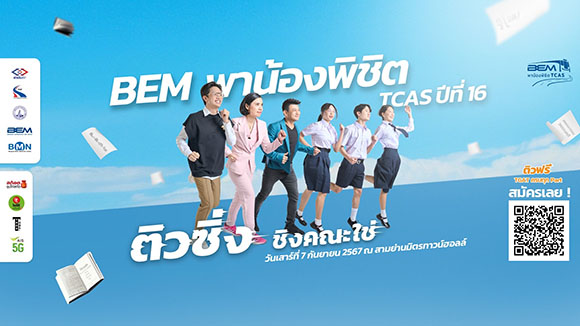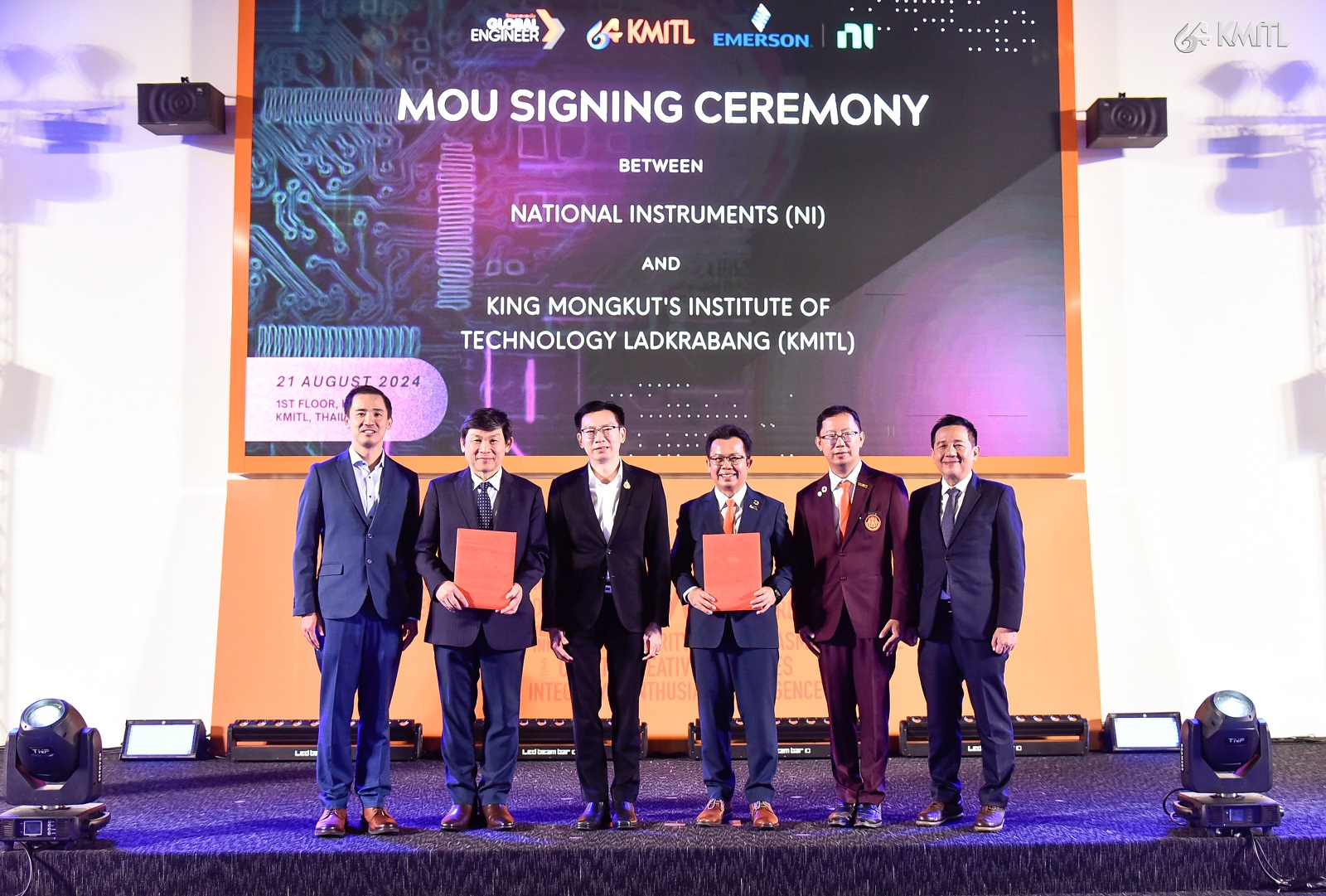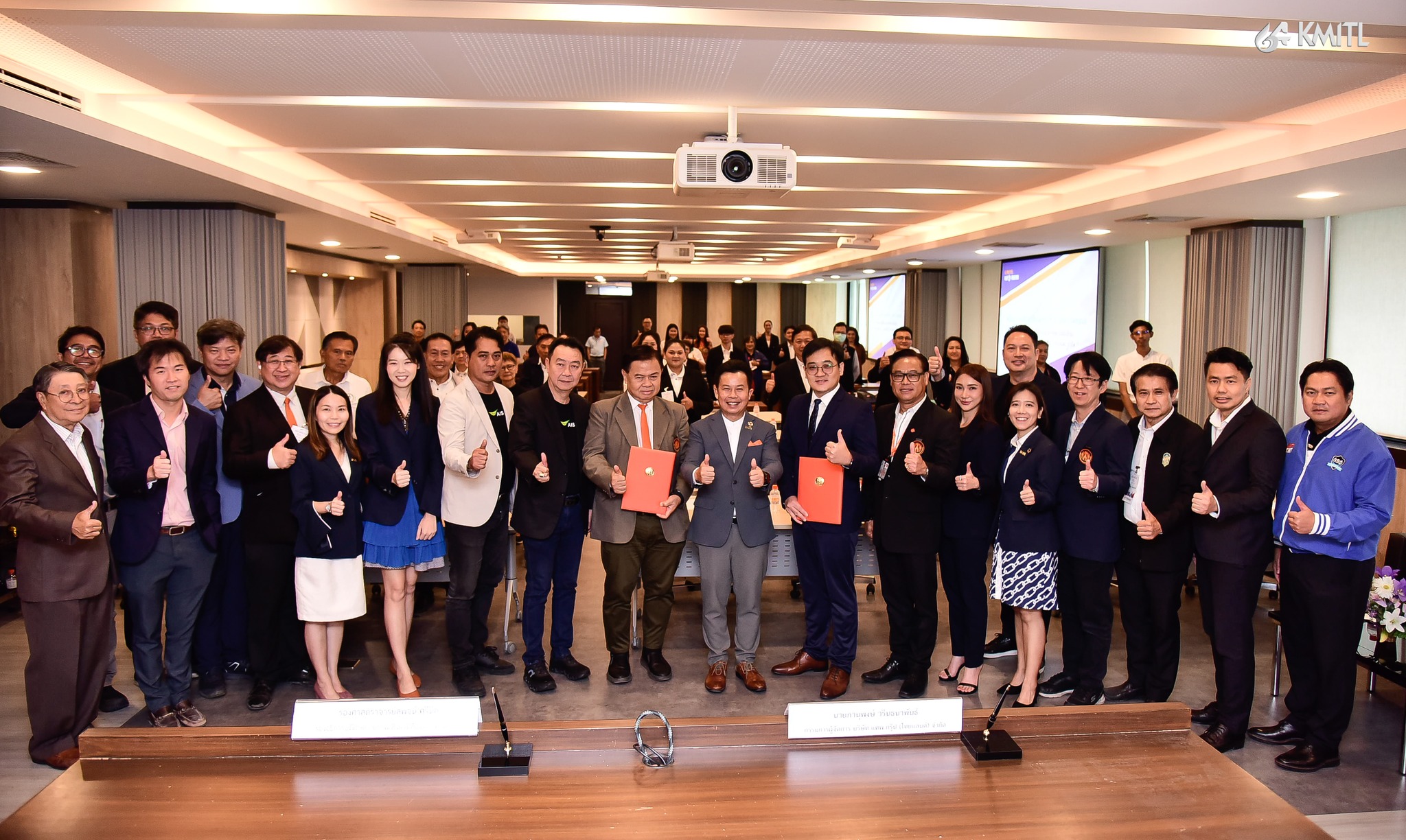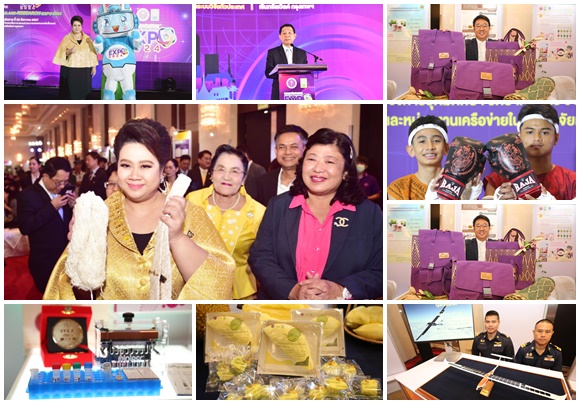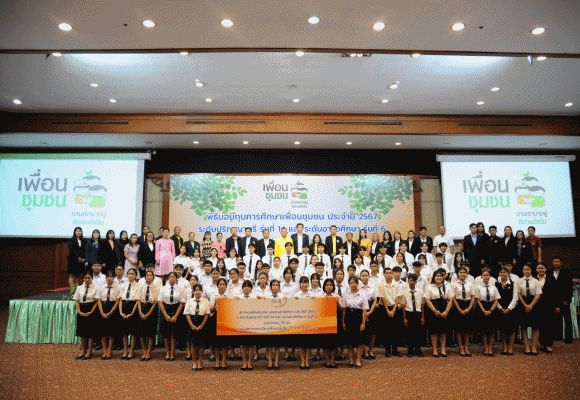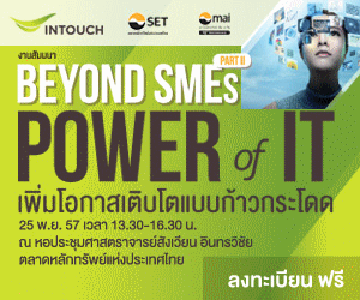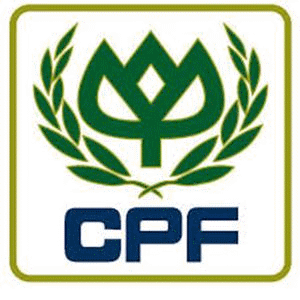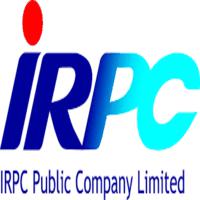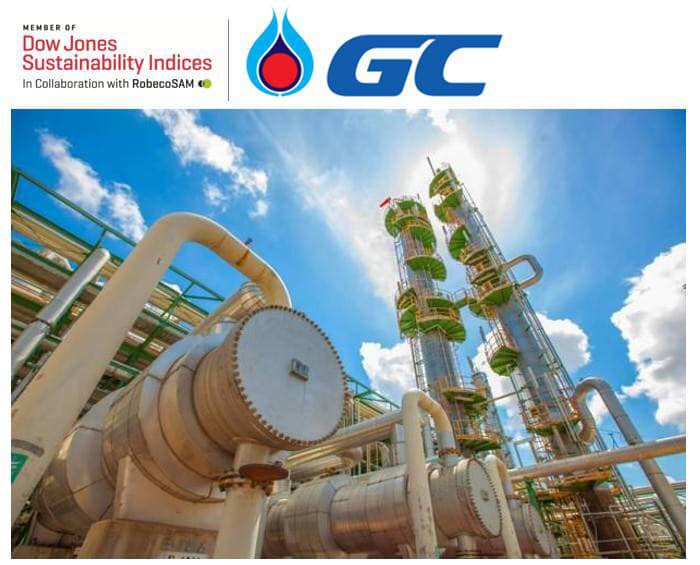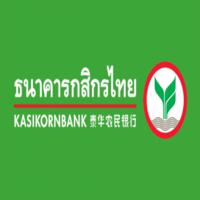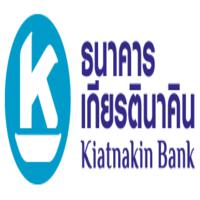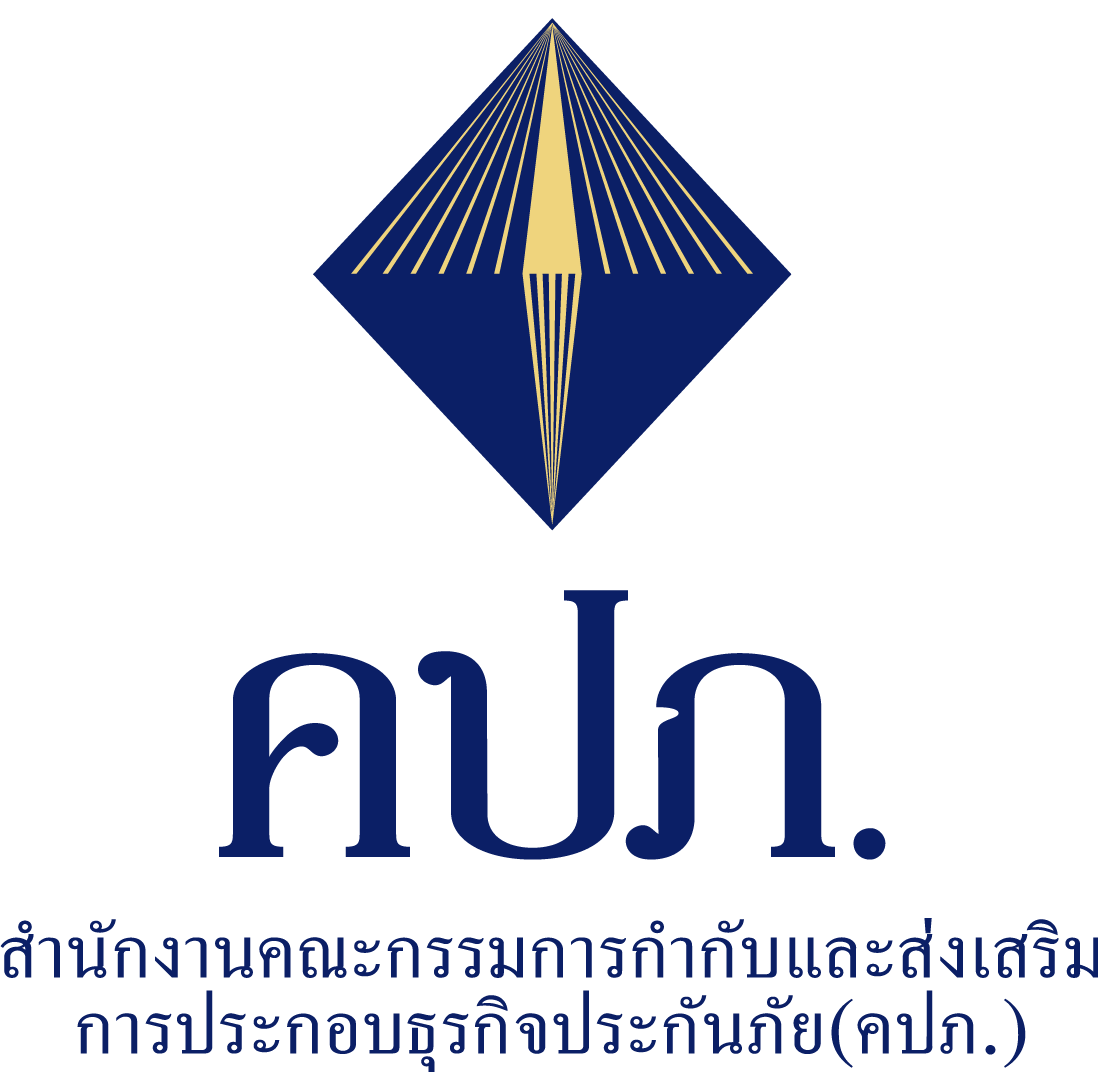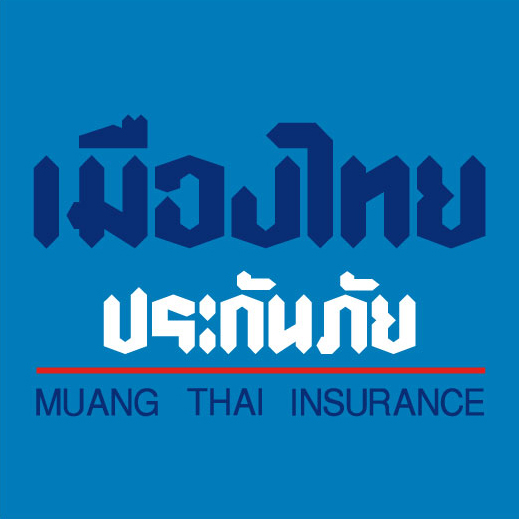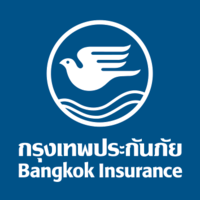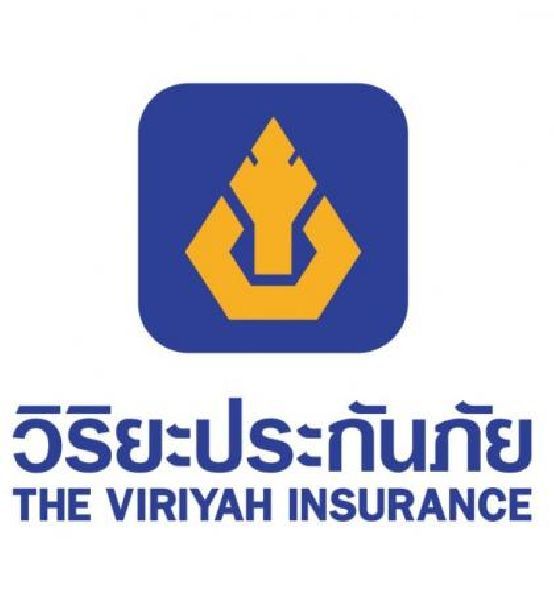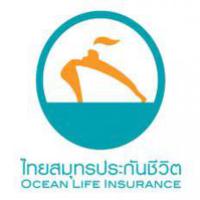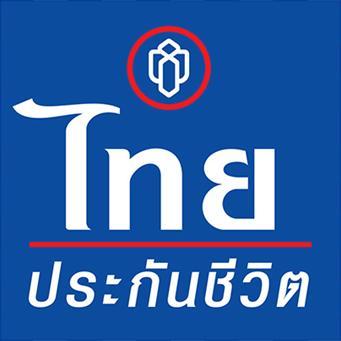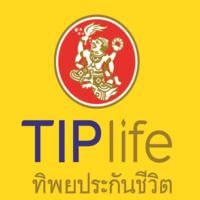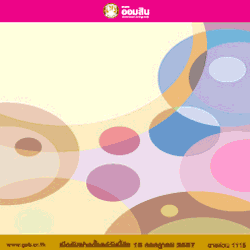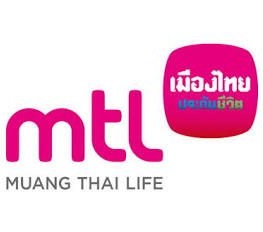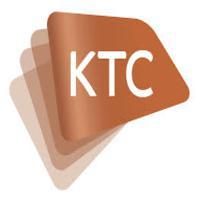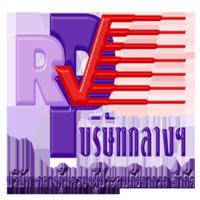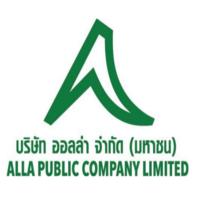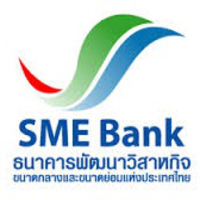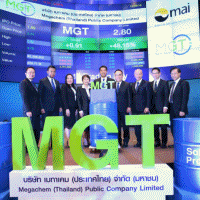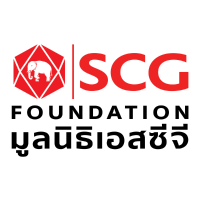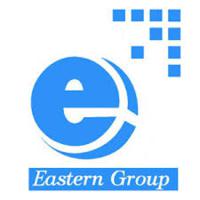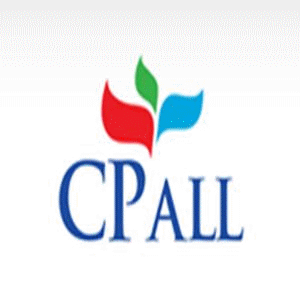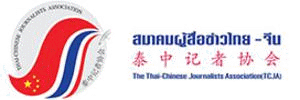- Details
- Category: อุตสาหกรรม
- Published: Wednesday, 27 June 2018 10:22
- Hits: 1674

กระทรวงวิทย์ฯ จัดเสวนา'เปิดประตู...จริยธรรมด้านวิทยาศาสตร์และเทคโนโลยี' เดินหน้าสร้างความตระหนักด้านจริยธรรมให้นักวิจัย นักวิทยาศาสตร์และผู้เกี่ยวข้องใช้ในการปฏิบัติงาน
กระทรวงวิทยาศาสตร์และเทคโนโลยี จัดเสวนา ‘เปิดประตู...จริยธรรมด้านวิทยาศาสตร์และเทคโนโลยี’ ณ ห้องแกรนด์บอลรูม ชั้น 3โรงแรมเซ็นจูรี่ พาร์ค กรุงเทพฯ โดยได้รับเกียรติจาก นพ.ปฐม สวรรค์ปัญญาเลิศ รองปลัดกระทรวงวิทยาศาสตร์และเทคโนโลยี มาเป็นประธานในพิธีเปิด และมี ศ.ดร.ยงยุทธ ยุทธวงศ์ สมาชิกของคณะกรรมการระหว่างประเทศว่าด้วยชีวจริยธรรมมากล่าวปาฐกถาพิเศษ หัวข้อ ‘การเชื่อมโยงจริยธรรมด้านวิทยาศาสตร์และเทคโนโลยีในบริบทโลกสู่บริบทไทย’
นพ.ปฐม สวรรค์ปัญญาเลิศ รองปลัดกระทรวงวิทยาศาสตร์และเทคโนโลยี เปิดเผยว่า โครงการเสวนา'เปิดประตู...จริยธรรมด้านวิทยาศาสตร์และเทคโนโลยี'ได้บูรณาการความร่วมมือระหว่างศูนย์ปฏิบัติการต่อต้านการทุจริต กระทรวงวิทยาศาสตร์และเทคโนโลยี (ศปท.วท.) สำนักงานคณะกรรมการนโยบายวิทยาศาสตร์ เทคโนโลยีและนวัตกรรมแห่งชาติ (สวทน.) สำนักงานพัฒนาวิทยาศาสตร์และเทคโนโลยีแห่งชาติ (สวทช.) และศูนย์ความเป็นเลิศด้านชีววิทยาศาสตร์ (องค์การมหาชน) (ศลช.) ซึ่งเป็นส่วนหนึ่งของแผนปฏิบัติการการส่งเสริมคุณธรรม ของกระทรวงวิทยาศาสตร์และเทคโนโลยี ในยุทธศาสตร์ที่ 1 การวางระบบรากฐานการเสริมสร้างคุณธรรมใน วท. ซึ่งจัดขึ้นเพื่อสร้างความตระหนักด้านคุณธรรม จริยธรรม ให้กับนักวิจัย นักวิทยาศาสตร์ นิสิต นักศึกษา และผู้เกี่ยวข้อง โดยนำหลักคุณธรรม จริยธรรม ของวิทยาศาสตร์มาใช้ในการปฏิบัติงานและดำเนินชีวิตประจำวัน
และเพื่อเปิดโอกาสในการสื่อสารให้เกิดความรู้ความเข้าใจด้านคุณธรรมและจริยธรรมในวิทยาศาสตร์ ให้สามารถเข้าถึงได้ทุกระดับและนำมาใช้ประโยชน์ได้อย่างกว้างขวาง อย่างไรก็ตาม การเปลี่ยนผ่านของประเทศไทยเข้าสู่ประเทศไทย 4.0 ถือเป็นยุทธศาสตร์ที่สำคัญในการผลักดันระบบเศรษฐกิจบนพื้นฐานของนวัตกรรม ซึ่งมีความจำเป็นที่จะต้องพัฒนากำลังคนและเยาวชนในทุกมิติ รวมถึงสร้างกลไกในการขับเคลื่อนอย่างเป็นรูปธรรม เพื่อให้การพัฒนาเทคโนโลยีเป็นไปอย่างมีศักยภาพควบคู่ไปกับการสร้างจิตสำนึกและความรับผิดชอบต่อสังคมในประเด็นที่เกี่ยวข้องกับนัยเชิงจริยธรรม กฎหมายรวมถึงสังคมของการพัฒนาและประยุกต์ใช้วิทยาศาสตร์ เทคโนโลยีและนวัตกรรมให้เกิดประโยชน์ ดังนั้น ผู้ประกอบอาชีพหรือผู้ที่เกี่ยวข้องด้านวิทยาศาสตร์ เทคโนโลยีและนวัตกรรม ต้องมีจริยธรรมทางวิชาชีพ เพื่อให้สามารถปฏิบัติตนและปฏิบัติงานในทางที่ถูกต้องเหมาะสม และเป็นประโยชน์ต่อสังคมและประเทศชาติ
ศ.ดร.ยงยุทธ ยุทธวงศ์ สมาชิกของคณะกรรมการระหว่างประเทศว่าด้วยชีวจริยธรรม กล่าวว่า แม้วิทยาศาสตร์และเทคโนโลยีจะก่อให้เกิดการเปลี่ยนแปลงของสังคมเป็นอย่างมาก แต่ก็ไม่สามารถปฏิเสธได้ว่ายังมีหลายประเด็นที่ต้องระมัดระวังปัญหาที่จะตามมา นักวิทยาศาสตร์และเทคโนโลยี จึงต้องมีความรับผิดชอบที่จะต้องพยายามทำงานร่วมกับผู้อื่นในสังคมเพื่อที่จะชี้ประเด็นผลกระทบทางสังคมและสิ่งแวดล้อมที่อาจเกิดขึ้น เพื่อนำไปสู่การเสนอแนะแนวทางป้องกันแก้ไขภัยหรือการจัดการกับความเสี่ยงที่อาจเกิดขึ้น เพื่อสร้างบรรทัดฐานทางจริยธรรมในประชาคมวิทยาศาสตร์และเทคโนโลยีของประเทศไทย จึงถือว่าการมีแนวทางดำเนินงานด้านจริยธรรมวิทยาศาสตร์และเทคโนโลยีสำหรับประเทศไทยจึงเป็นสิ่งสำคัญและจำเป็นต่อประเทศ
ดร.กิติพงค์ พร้อมวงค์ เลขาธิการ สวทน. กล่าวว่า ในยุคปัจจุบันที่มีการเปลี่ยนแปลงเทคโนโลยีอย่างรวดเร็ว ส่งผลให้เกิดทั้งโอกาสในการพัฒนาประเทศให้รุดหน้า และอีกด้านหนึ่งอาจเกิดความเสี่ยงจากการใช้ประโยชน์ของเทคโนโลยี ด้วยเหตุนี้การมีกลไกในการดำเนินงานด้านนัยเชิงจริยธรรม กฎหมายและสังคม มาเป็นหัวใจสำคัญในการขับเคลื่อนการใช้ประโยชน์จากวิทยาศาสตร์และเทคโนโลยีจึงเป็นประเด็นที่ละทิ้งไม่ได้ สวทน. จึงให้ความสำคัญกับการสร้างธรรมาภิบาล (Good governance) ในระบบวิทยาศาสตร์ เทคโนโลยีและนวัตกรรม (วทน.) ของประเทศไทย สนับสนุนการสร้างกลไกการเชื่อมโยงการดำเนินงานด้านนัยเชิงจริยธรรม กฎหมายและสังคม หรือ Ethical Legal Social Implications (ELSI) ระหว่างหน่วยงานหรือผู้เชี่ยวชาญที่มีส่วนเกี่ยวข้องในระบบ วทน. (ELSI mechanism and platform promotion) รวมถึงสร้างความตระหนัก (Awareness)
และความมีส่วนร่วมของสังคม (Public engagement) การเตรียมตัวตอบสนองต่อการเปลี่ยนแปลงอย่างรวดเร็วและฉับไวของความก้าวหน้าของเทคโนโลยี (Dynamism) ตลอดจนการปรับตัวเชื่อมโยงการดำเนินงานทางด้าน ELSI ของประเทศไทยต่อเวทีโลก (Thailand as global partnership) นอกจากนี้ สวทน. ยังได้จัดตั้งคณะกรรมการส่งเสริมจริยธรรมด้านวิทยาศาสตร์และเทคโนโลยีขึ้น โดยแบ่งการทำงานออกเป็น โครงการจริยธรรมด้านวิทยาศาสตร์และเทคโนโลยีที่สำคัญสำหรับประเทศไทยใน 5 โครงการ คือ 1. โครงการ “การจัดทำข้อเสนอเชิงนโยบาย แนวทางการบริหารจัดการประเด็นทางกฎหมายและจริยธรรมที่เกิดจากเทคโนโลยีจีโนม” 2. โครงการ “การศึกษาเชิงลึกประเด็นจริยธรรมด้านวิทยาศาสตร์และเทคโนโลยี กลุ่มปัญญาประดิษฐ์ หุ่นยนต์และ Big Data” 3. โครงการ “การวิจัยเพื่อพัฒนาจริยธรรมการวิจัยและระบบการประเมิน: ตอบสนองความท้าทายในการพัฒนาระบบการวิจัยของประเทศ” 4. โครงการ “การศึกษาเชิงลึกประเด็นจริยธรรมด้านวิทยาศาสตร์และเทคโนโลยี
ที่สำคัญสำหรับประเทศไทย กลุ่มจริยธรรมที่เกี่ยวข้องกับการเปลี่ยนแปลงสภาพภูมิอากาศ” และ 5. โครงการ “การสื่อสาร การปรึกษา และการมีส่วนร่วมผ่านสื่อและศิลปะ: มุ่งเน้นการมีส่วนร่วมของเยาวชนด้านวิทยาศาสตร์ เทคโนโลยี และนวัตกรรม” โดยการดำเนินงานทั้งหมดข้างต้นจะเชื่อมโยงกับการเตรียมความพร้อมในการที่ประเทศไทยจะเป็นเจ้าภาพการประชุมคณะกรรมการระหว่างประเทศว่าด้วยชีวจริยธรรม ครั้งที่ 26 (26th Session of the International Bioethics Committee of UNESCO: IBC) การประชุมคณะกรรมาธิการโลกว่าด้วยจริยธรรมในความรู้ด้านวิทยาศาสตร์และเทคโนโลยี ครั้งที่ 11 (11th Session of the World Commission on Ethics of Scientific Knowledge and Technology: COMEST) และการประชุมเชิงวิชาการว่าด้วย นัยทางจริยธรรม กฎหมาย และสังคม ด้านวิทยาศาสตร์และเทคโนโลยี(Conference on Ethical, Legal and Social Implications (ELSI) of Science and Technology) ซึ่งกระทรวงวิทยาศาสตร์ฯ สวทน. สวทช. ศลช. และกระทรวงศึกษาธิการจะร่วมกันจัดขึ้นในวันที่ 1 – 5 กรกฎาคม 2562
ด้าน ศ.นพ.ประสิทธิ์ ผลิตผลการพิมพ์ รองผู้อำนวยการ สวทช. ในฐานะหัวหน้าโครงการการจัดทำข้อเสนอเชิงนโยบาย แนวทางการบริหารจัดการประเด็นทางกฎหมายและจริยธรรมที่เกิดจากเทคโนโลยีจีโนม กล่าวว่า จากความก้าวหน้าอย่างรวดเร็วของเทคโนโลยีจีโนม ที่นำไปสู่การพัฒนาวิธีการตรวจวินิจฉัยโรค การรักษาโรค ตลอดจนการคัดเลือกเพศ/พันธุกรรมของบุตร ทำให้เกิดผลกระทบในเชิงสังคมในมิติที่หลากหลาย ซึ่งนำไปสู่ประเด็นสำคัญทางด้านจริยธรรมต่าง ๆ ที่ต้องดูแล เช่น การดูแลรักษาความลับและการนำข้อมูลทางพันธุกรรมไปใช้ประโยชน์ในทางมิชอบ การอ้างเทคโนโลยีในการโฆษณาสรรพคุณผลิตภัณฑ์เกินจริง ด้วยเหตุนี้ จึงควรตระหนักถึงการดูแลให้การดำเนินการบริการสุขภาพต่างๆที่มีส่วนเกี่ยวข้องกับการใช้เทคโนโลยีจีโนมเป็นไปอย่างมีจริยธรรม การคำนึงถึงช่องว่างของกฎหมายไทย ต่อการโฆษณาสินค้าและบริการการตรวจพันธุกรรม กลุ่มเทคโนโลยี ยีน เซลล์ และการปรับแต่งชีวิตด้วย
ดร.นเรศ ดำรงชัย ผู้อำนวยการ ศูนย์ความเป็นเลิศด้านชีววิทยาศาสตร์ (องค์การมหาชน) ในฐานะในฐานะหัวหน้าโครงการการศึกษาเชิงลึกประเด็นจริยธรรมด้านวิทยาศาสตร์และเทคโนโลยีที่สำคัญสำหรับประเทศไทยกลุ่มปัญญาประดิษฐ์ หุ่นยนต์และ ข้อมูลขนาดใหญ่ (Big Data) กล่าวว่า ปัจจุบันปัญญาประดิษฐ์ Big data หุ่นยนต์ ในประเทศมีวิวัฒนาการ ความก้าวหน้าเพิ่มขึ้นอย่างรวดเร็ว และเข้ามามีบทบาทในวิถีชีวิตความเป็นอยู่ปัจจุบันโดยไม่รู้ตัว ดังนั้นการปรับตัวเพื่อรองรับการเปลี่ยนแปลงของการพัฒนาเทคโนโลยีดังกล่าวจึงเป็นเรื่องหนึ่งที่สำคัญโดยเฉพาะผลกระทบเชิงจริยธรรมด้านการใช้งานและการพัฒนา เพื่อให้ประเทศไทยเกิดการพัฒนาด้านเทคโนโลยี ไม่เกิดความเลื่อมล้ำและส่งผลกระทบต่อสิทธิส่วนบุคคลอื่นๆ การศึกษาทำความเข้าใจและการสื่อสารต่อสังคมให้เกิดการพูดคุย เพื่อหาแนวเกี่ยวกับจริยธรรมในการพัฒนาเทคโนโลยีร่วมกันจึงเป็นสิ่งสำคัญที่ต้องทำควบคู่กันไปด้วย
ศ.ดร.โสรัจจ์ หงศ์ลดารมภ์ ภาคปรัชญา คณะอักษรศาสตร์ จุฬาลงกรณ์มหาวิทยาลัย ในฐานะหัวหน้าโครงการ “การวิจัยเพื่อพัฒนาจริยธรรมการวิจัยและระบบการประเมิน: ตอบสนองความท้าทายในการพัฒนาระบบการวิจัยของประเทศ” เปิดเผยว่า ปัจจุบันมีแรงกดดันให้อาจารย์และนักวิจัย ตีพิมพ์ผลงานเพิ่มขึ้นอย่างมาก ทำให้ในบางครั้งอาจารย์และนักวิจัยอาจต้องหาหนทางที่จะตีพิมพ์ผลงานให้ได้ ซึ่งทำให้อาจเกิดการหาทางลัดในด้านต่าง ๆ เพื่อให้ตีพิมพ์ผลงานได้ การหาทางลัดดังกล่าวมีแนวโน้มนำไปสู่การทำผิดจริยธรรมทางการวิจัย การเสวนาครั้งนี้จึงมุ่งหวังในการวิเคราะห์ประเด็นเกี่ยวกับจริยธรรมวิชาการและการวิจัย พร้อมเสนอแนวทางในการป้องกันและแก้ไขเพื่อพัฒนามาตรฐานงานวิจัยในประเทศไทยต่อไป
Ministry of Science and Technology organized the seminar in the topic of Promoting Ethical Awareness amongst Researchers, Scientists and Professionals
Ministry of Science and Technology (MOST) organized the seminar in the topic of "Open the door: Ethics of Science and Technology at the Grand Ballroom, Century Park Hotel, Bangkok. Dr.Pathom Sawanpanyalert, Deputy Permanent Secretary of Ministry of Science and Technology, presided over the opening ceremony. Meanwhile, Prof. Yongyuth Yuthavong, member of the International Bioethics Committee (IBC), delivered a keynote address titled "Linking the ethics of science and technology in the global context to Thai context"
Dr.Pathom Sawanpanyalert, Deputy Permanent Secretary of Ministry of Science and Technology, revealed that Anti-Corruption Operation Centre under MOST in collaboration with the National Science Technology and Innovation Policy Office (STI), National Science and Technology Development Agency (NSTDA) and Thailand Center of Excellence for Life Sciences (TCELS) hosted this seminar as a part of the first strategy of MOST's action plan for the promotion of morality. The objectives are to strengthen the moral foundation in MOST and STI community, by raising the ethical awareness for researchers, scientists, students and relevant stakeholders through turning the ethical principles of science and technology into action and adjusting in daily life, as well as to promote public engagement related to the ethics of scientific knowledge and technology. However, Thailand 4.0, transforming the Thai society to be an innovation-driven economy is the meaningful strategy for the good opportunity of Thailand. Therefore, it is necessary to not only develop the manpower and youth in all dimensions but also formulate the communication platform with the aim at providing the potential technology development along with creating the awareness and social responsibilities related to the Ethical, Legal and Social Implications (ELSI) of science and technology. Significantly, all professionals and stakeholders involved in science technology and innovation should embed the code of conduct to all aspects of operation in the way that is appropriate and beneficial to the society and nation.
Prof. Yongyuth Yuthavong, member of the International Bioethics Committee (IBC), said that even if science and technology are causing the social change very seriously however there are many public concerns over its impacts and applications of them. Thus, scientists have to make an attempt to work with others in the communities in order to identify the social and environmental consequences and provide the recommendations in management and protection to the plausible threats. In addition, the Thai ethical guidelines in science and technology have been integral and requisite for the country.
Dr. Kitipong Promwong, Secretary General of National Science Technology and Innovation Policy Office (STI) reported that currently, the emergence of disruptive technologies in the era of the 4th industrial revolution such as artificial intelligence, robotics, big data and advanced genomics leads to both the opportunities and threats simultaneously. However, Ethical, Legal, and Social Implications (ELSI) platform is able to recognize as the key to propel the utilization of science and technology. Realizing ELSI of science and technology, STI office has emphasized to formulate good governance in science, technology and innovation, encourage Ethical Legal Social Implications (ELSI) mechanism and platform among relevant stakeholders related to science, technology and innovation, promote public awareness and engagement related to ethical, legal and social implications (ELSI) of science and technology amongst the individuals, youths, decision-makers, academics, scientific communities, researchers, and the public and private sectors at all levels, support preparedness to respond to the rapid changes of technology dynamically, as well as cooperate with the global partnership.
Therefore, STI office established the Thai National Committee on Ethics of Science and Technology and further executed to do in-depth study of the ethical projects on science and technology in 5 priority areas as the followings; 1) ELSI of Genes, Cells and Life sciences 2) ELSI of Artificial Intelligence, Robotics and Big Data 3) ELSI of Climate Change 4) ELSI of Research Ethics 5) Public Communication, Consultation and Participation through Art and Media: Youth Engagement in Science, Technology and Innovation. Moreover, Thai National Committee on Ethics of Science and Technology would like to connect the above projects to “26th (Ordinary) Session of the International Bioethics Committee of UNESCO (IBC) 11th (Ordinary) Session of the World Commission on the Ethics of Scientific Knowledge and Technology (COMEST)” and “Conference of Ethical, Legal and Social Implications (ELSI) of Science and Technology” in 2019 in Thailand which will be hosted by MOST, STI, NSTDA, TCELS and ministry of education.
Prof. Prasit Palittapolgarnpim, Executive Vice President of National Science and Technology Development Agency (NSTDA), as a project leader of “Genome Technology: Ethical and Legal Management” presented that the advancement of genome technology in Thailand is making the rapid progress. Its applications are enhancing the number of ethical issues such as privacy, abuse of genetic information. Likewise, there should also be aware of the gaps in the regulations of Thailand and the advertisement of genetic products and services.
Dr.Nares Damrongchai, CEO of Thailand Center of Excellence for Life Sciences (TCELS), as a project leader of “ELSI of Artificial Intelligence, Robotics and Big Data” said that currently, artificial intelligence, big data and robotics in Thailand have evolved the progress increase tremendously and have a greater role in the daily life of everyone inevitably.
Therefore, the adjustment for the changes from technology development is considerable, especially the ethical impacts in terms of use and development. To avoid the social inequality and Infringement of personal privacy, the public understanding and communication are the important priorities in order to find out the ethical solutions together with development of technology.
Prof. Soraj Hongladarom, Philosophy Department at Chulalongkorn University, as a project leader of “ELSI of Research Ethics” said that presently, researchers and faculty members have been forced to increase the publication dramatically. They may seek the shortcuts to publish their unethical works intentionally. This seminar aimed to analyze the academic and research ethics’s issues and proposed the ELSI guideline for protection and correction.
ข่าวโดย : สำนักงานคณะกรรมการนโยบายวิทยาศาสตร์ เทคโนโลยีและนวัตกรรมแห่งชาติ (สวทน.)









